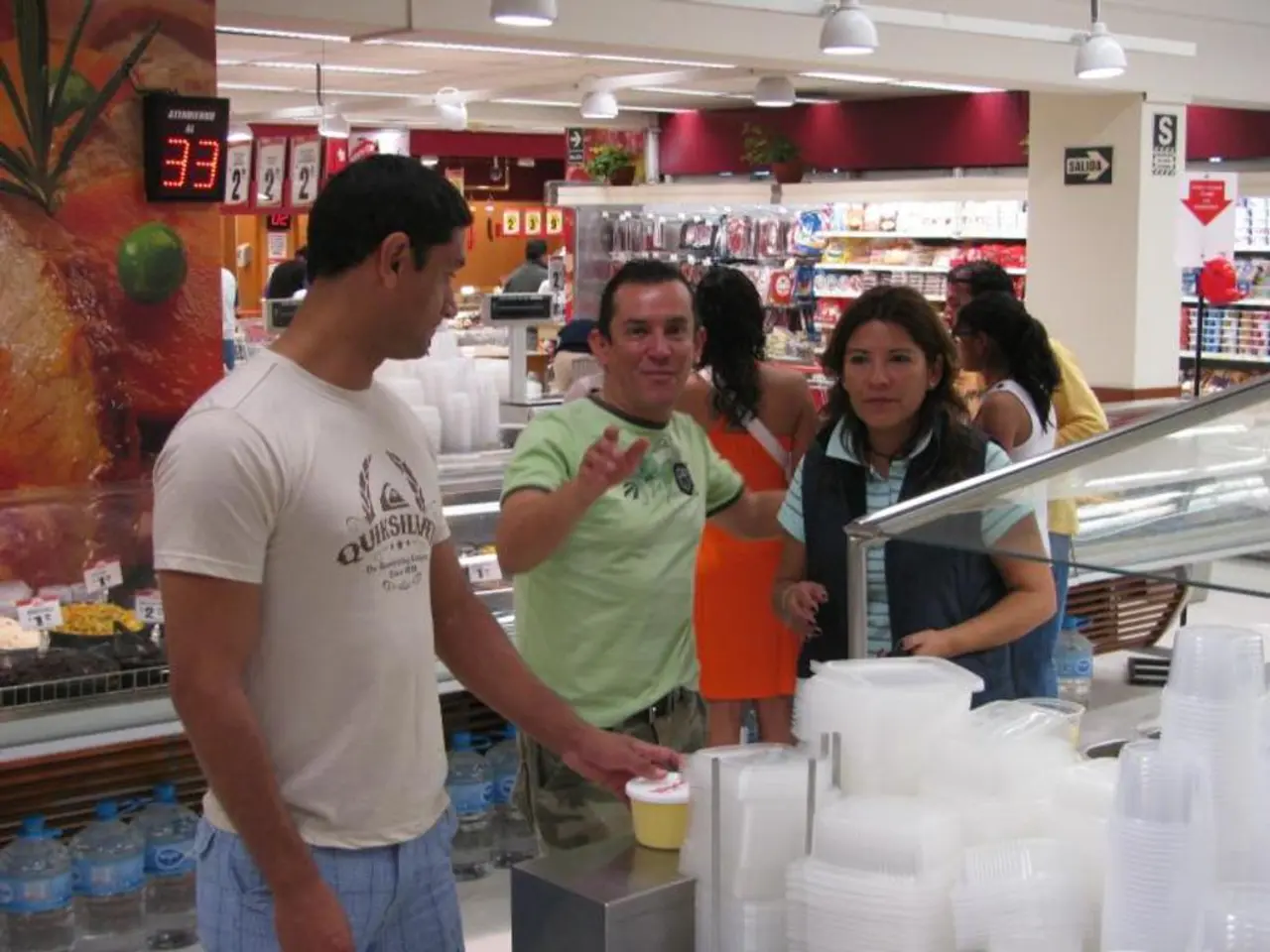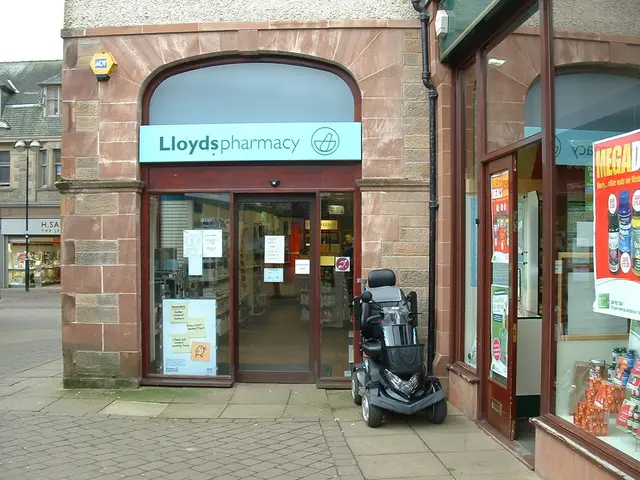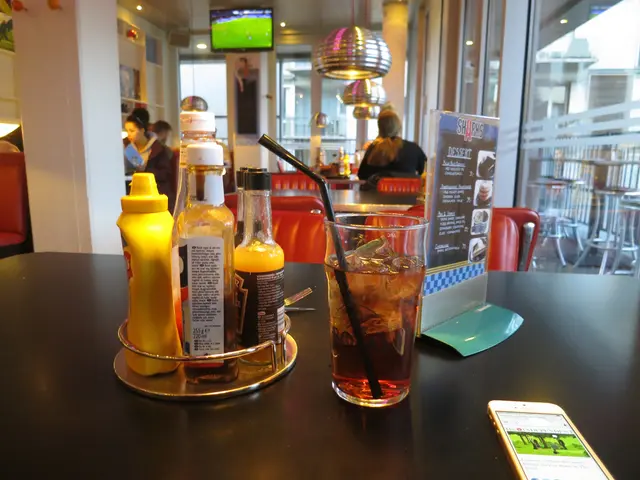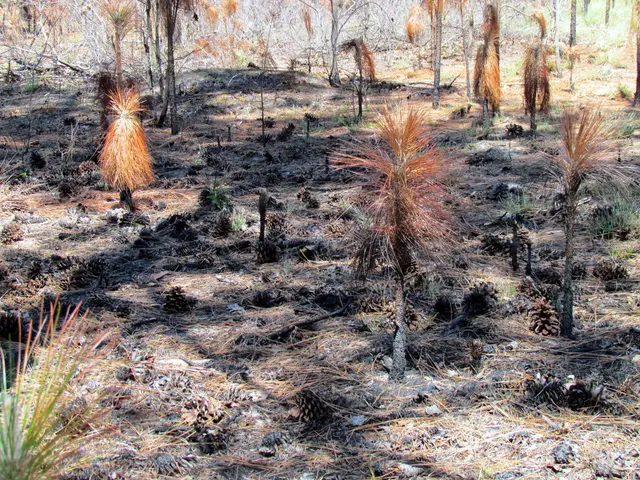Consumers Criticize Eco-Friendly Options
Aarong, a popular lifestyle brand in Bangladesh, has announced that it will stop providing free single-use shopping bags from September 1. This decision, aimed at reducing single-use packaging and promoting environment-friendly habits, has received criticism and sarcasm on Aarong's Facebook post, with some calling it an "extremely bad initiative" and "outright harassment".
The backlash against Aarong is not unusual in countries where companies introduce environment-focused measures that may inconvenience customers. For decades, consumers have been conditioned to expect complimentary bags, and the shift feels like a loss.
Lack of Viable Alternatives and Awareness
The resistance to Aarong's decision can be attributed to several factors. One of the key reasons is the absence of practical, affordable alternatives. Although bans on plastic bags exist, effective substitutes are often not readily available or attractive to consumers, making compliance inconvenient or costly.
Moreover, limited awareness and incentives play a significant role. Without strong environmental education campaigns and tangible incentives, consumers may not prioritize environmentalism, perceiving green choices as an imposition rather than a benefit.
Economic Concerns and Weak Enforcement
Another factor is economic and habitual resistance. Some consumers prefer free single-use bags due to habit and immediate convenience. The additional cost or effort to switch to reusable or eco-friendly bags acts as a barrier.
Weak policy enforcement also contributes to the issue. The ban on plastic bags in supermarkets exists, but enforcement is inadequate, allowing continued widespread plastic pollution and undermining trust in the system.
Bridging the Gap
This dynamic reveals a gap between environmental policy or corporate intent and consumer behavior, driven by socioeconomic factors and infrastructural constraints, despite the proven presence of severe plastic pollution problems in the country. Efforts to engage consumers more effectively would require practical alternatives, stronger enforcement, environmental education, and addressing economic concerns.
Moving Forward with Aarong
To mitigate the adverse reaction from the public, Aarong has taken steps to make the transition smoother. They will sell paper bags at a fixed price, offer discounted reusable cloth bags until the end of August, and use proceeds from paper bag sales to fund local tree-planting projects.
Bringing one's own bag demands a change in routine and requires forethought and discipline. However, with clearer communication about the environmental reasons and a slower implementation strategy, the resistance to the change could be eased.
In developed countries across Europe, consumers routinely bring their own bags for grocery shopping, demonstrating that this mindset shift is achievable with the right approach. As Aarong navigates this challenge, it serves as a reminder for other companies to consider the socioeconomic factors that influence consumer behavior when implementing environment-focused measures.
Read also:
- Benadryl: Impact on Pregnancy, Breastfeeding, and Beyond
- Company manufacturing Plumpy'Nut is thrilled beyond belief!
- Enhancements to Networking in Senior Care, Fedding Positive Experiences for Service Providers and Elderly Residents
- Ileostomy stool caracteristics: What's normal after undergoing an ileostomy?








